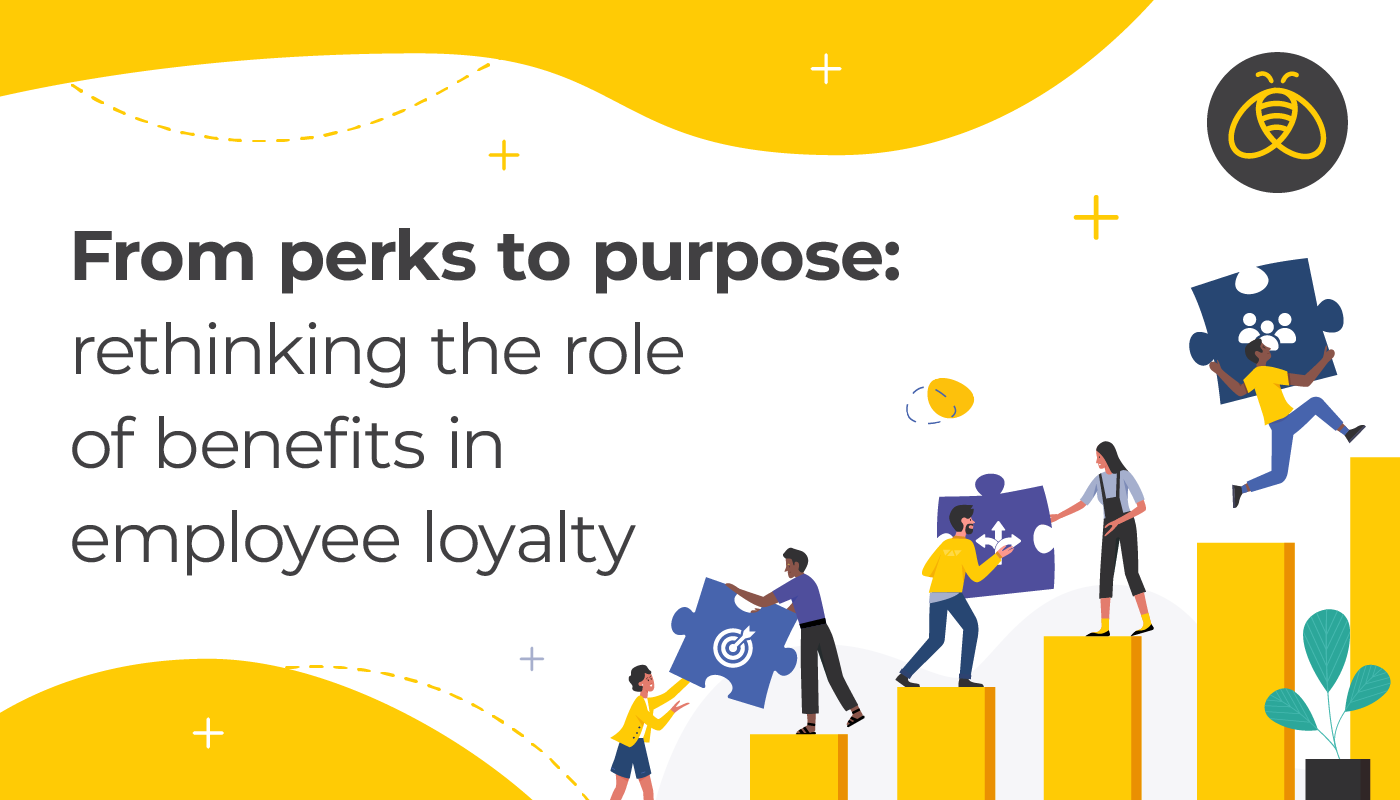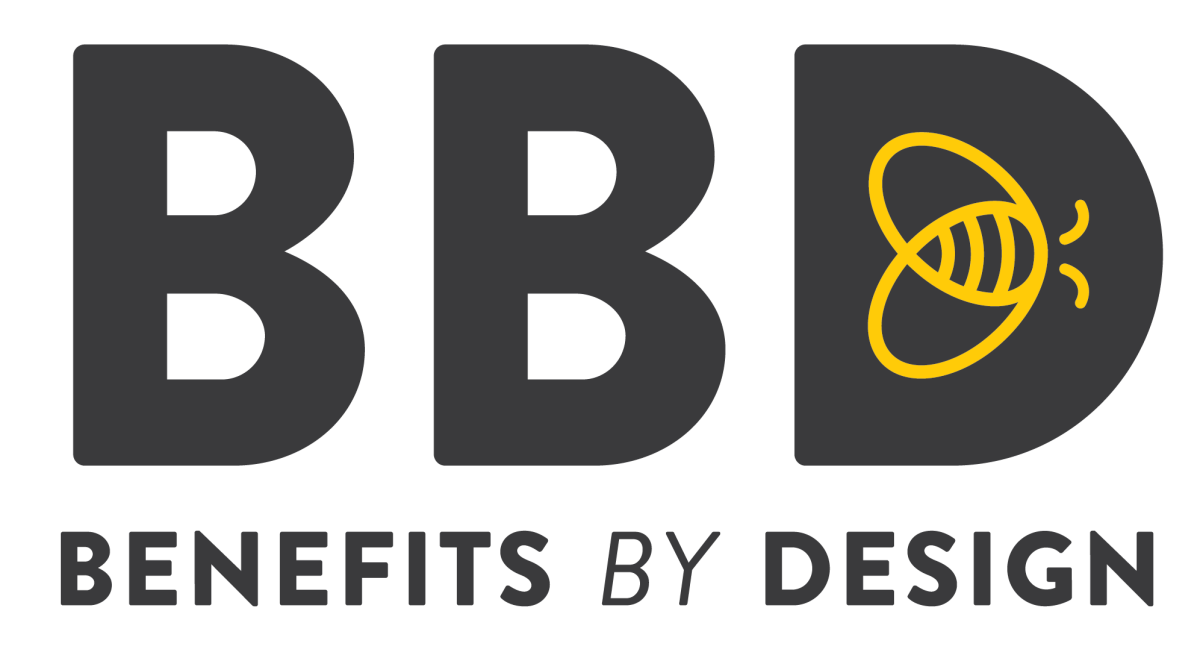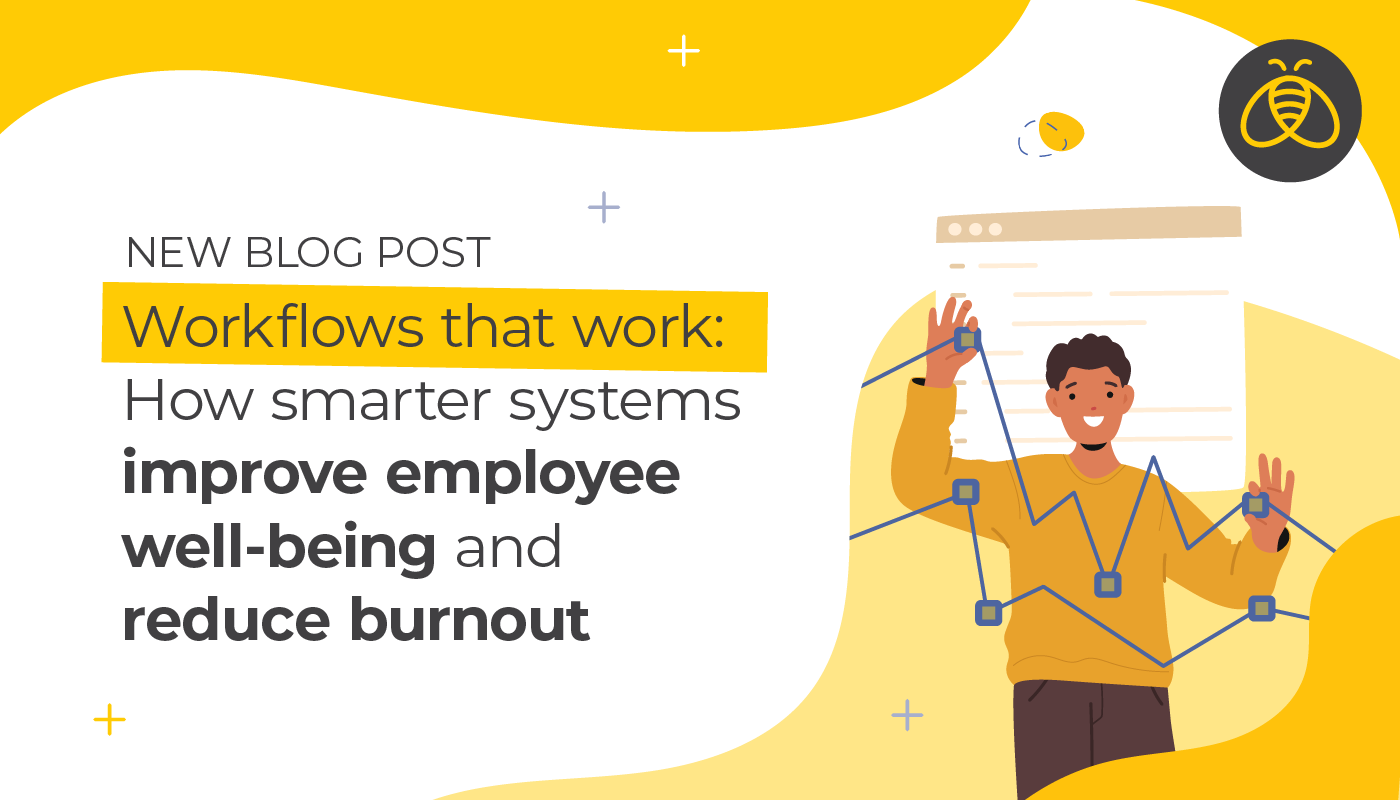From perks to purpose: rethinking the role of benefits in employee loyalty
By: Benefits by Design | Tuesday September 16, 2025
Updated : Wednesday September 10, 2025
Employee loyalty isn’t what it used to be. In the past, loyalty was often tied to job security and a steady paycheck. But today’s workforce is looking for more. A recent study found that only 18% of Canadian employees report being extremely satisfied with their jobs, and many are quietly disengaging while staying in their role. This shift shows that loyalty must be earned through purpose, flexibility, and a culture that makes employees feel valued.
With labor shortages, economic uncertainty, and changing expectations, Canadian businesses are being pushed to rethink how they earn and keep employee commitment. It is no longer about offering a job; it is about offering meaning.
Employee loyalty needs rethinking
The traditional model of employee loyalty is rapidly evolving. Today’s workforce is seeking purpose, alignment and a sense of belonging. To gain your employees’ loyalty you need to offer more than just a paycheck. Emotional loyalty is built on shared values and meaningful work, and this is replacing any transactional loyalty.
Canadian businesses are facing a pivotal moment in how they approach employee loyalty. Many assume that with labor shortages and economic uncertainty, a steady paycheque will keep employees committed. Yet the traditional model built on compensation and job security is no longer enough.
According to ADP Canada, only 19% of Canadian workers consider themselves fully engaged, a decline from the previous year. At the same time, nearly two-thirds of employees say flexible schedules are essential job factors. These trends signal a deeper shift of employees seeking emotional loyalty.
This is especially true among the younger generations. If organizations continue to rely on outdated loyalty drivers, they risk losing top talent to employers who offer not only flexibility but meaningful work and inclusive values.
Benefits as a cultural mirror
The benefits you offer your employees are more than incentives, they are reflections of what a company truly values. When you offer wellness programs it signals a commitment to holistic care. Fertility support, mental health resources, and caregiver leave help demonstrate inclusivity and respect for all life paths. Offering these speaks volumes about a company’s priorities and its willingness to support their employees beyond the workplace.
However, if a company has benefits that feel generic or impersonal, they can undermine trust and engagement. A company that claims to value innovation but offers a rigid work structure sends mixed signals. A recent guide emphazises that trust, transparency, and wellness are foundational to a thriving workplace culture.
A helpful way to assess whether your benefits truly reflect your company culture is to explore three core dimensions:
- Employee sentiment – What do employees genuinely value and need?
- Organizational practices – Do your policies and programs consistently reflect your stated values?
- Workplace environment – Are your benefits accessible, inclusive, and relevant to the diverse realities of your workforce?
When benefits mirror culture, they become tools for connection, not just retention.
Exploring the Benefits of Mental Health Days in Employee Packages
The ROI of purpose-aligned benefits
Benefits that match a company’s values aren’t just nice to have; they make a real difference. When companies offer perks that matter to their employees, like flexible hours or mental health support, employees are more likely to stay and feel good about where they work. Flexibility, for example, isn’t seen as a bonus anymore, it is something most workers expect. A survey found that over 80% of Canadian workers say flexibility directly impacts whether they stay at a job.
These kinds of benefits also help build pride and loyalty. People want to work for companies that care about what matters to them. When job seekers see that a company offers meaningful support, not just a paycheck, they’re more likely to apply.
In today’s competitive job market, offering thoughtful, purpose-driven benefits aren’t just a nice gesture, it is a smart move for your company.
10 Benefits of offering flexible work arrangements for employee well-being /
Conclusion
The way we think about employee loyalty is changing. Canadian workers are asking for more than just pay, they’re looking for meaning, support, and a workplace that reflects their values.
When companies take the time to align their benefits with what their employees truly care about, they build stronger teams, reduce turnover, and create a culture of trust. Employee loyalty isn’t something you can just buy, it is something you build, and in today’s competitive job market, that kind of loyalty is more valuable than ever.


